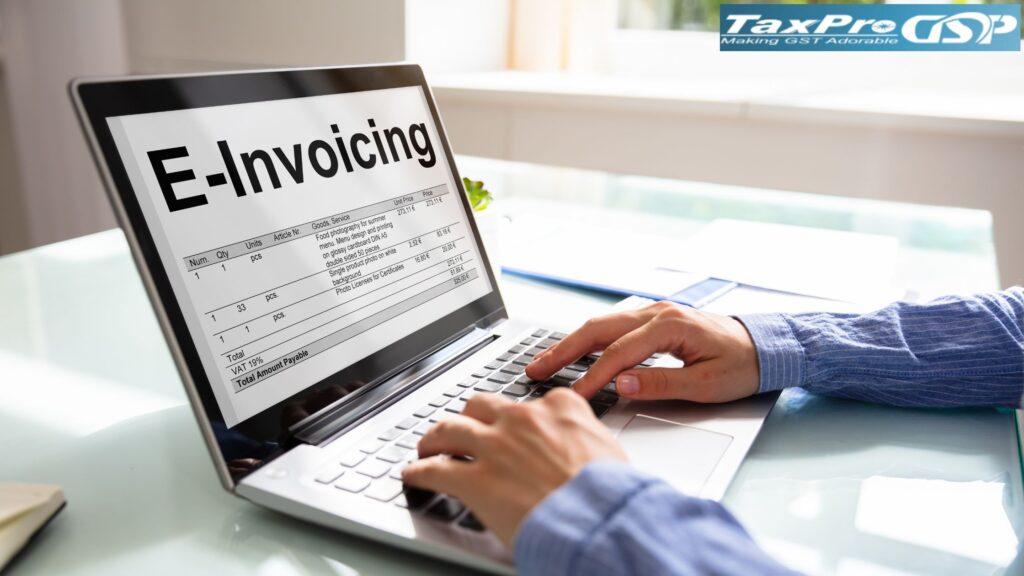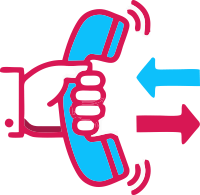The GST Council has recommended eInvoicing for the B2C sector. The intention of introducing eInvoicing for B2C transactions is to improve compliance and reduce tax evasions. B2C invoicing ensures that businesses record all such transactions accurately and report them.
A pilot B2C eInvoicing system was introduced by the GST council at its 54th meeting. The system will run on a pilot basis in select sectors and states. The pilot run is expected to start in 1-2 months. It will be followed by a full-scale rollout. Let us understand B2C eInvoicing its applicability, benefits and challenges.
Applicability of B2C eInvoicing
There is no official announcement on the sectors and states which would be part of the pilot run. The list of sectors and states is expected to be announced soon. However, it is likely expected to cover the retail sector. The press release by PIB also highlighted the benefits of this initiative on the retail sector.
The pilot run is expected to be applicable only to large-sized businesses. The initial signs indicate that the pilot will cover tech first segments. In the first phase e-commerce, quick commerce and online gaming is likely to be covered.
Expected Benefits of B2C eInvoicing
The objective of introducing B2C eInvoicing is to improve compliance and reduce tax evasion. B2C eInvoicing allows businesses to record all such transactions accurately. The transactions can then be reported in the GST returns.
Reduce Invoice Manipulation: Since the B2C invoices will be authenticated by GSTN, the chances of manipulation and fraudulent transactions will be reduced.
Transparency: The validated and accurate invoices will increase transparency in the billing process.
Eliminate Tax Evasions: The real-time reporting of all B2C sales in real-time helps reduce the scope of tax evasion.
Challenges of B2C eInvoicing Implementation
As the B2C eInvoicing system is ready for implementation in the near future, there are many challenges it could post.
- IT Infrastructure: Dealing with real-time eInvoice generation can be a challenging without investment in IT infrastructure. IT infrastructure will play a crucial role in ensuring 100% system uptime.
- Training: Proper training for sales, finance and warehouse team will also be a challenge. Training of staff is ensure successful implementation of the new system
- Technical Issues: In the initial stages of the implementation we might also see technical glitches. That’s why government is planning to roll out the new system in phases. This will help reduce the burden and optimize the process before full roll out.
Conclusion:
The GST Council is all set to expand the eInvoicing applicability to include B2C transactions. A pilot program has been introduced to introduce eInvoicing for B2C transactions in selected sectors. The implementation will help improve compliance and reduce tax evasions. B2C eInvoicing will also help bring consistency across different sectors. The roll out is expected to start in phases similar to B2B eInvoicing.


